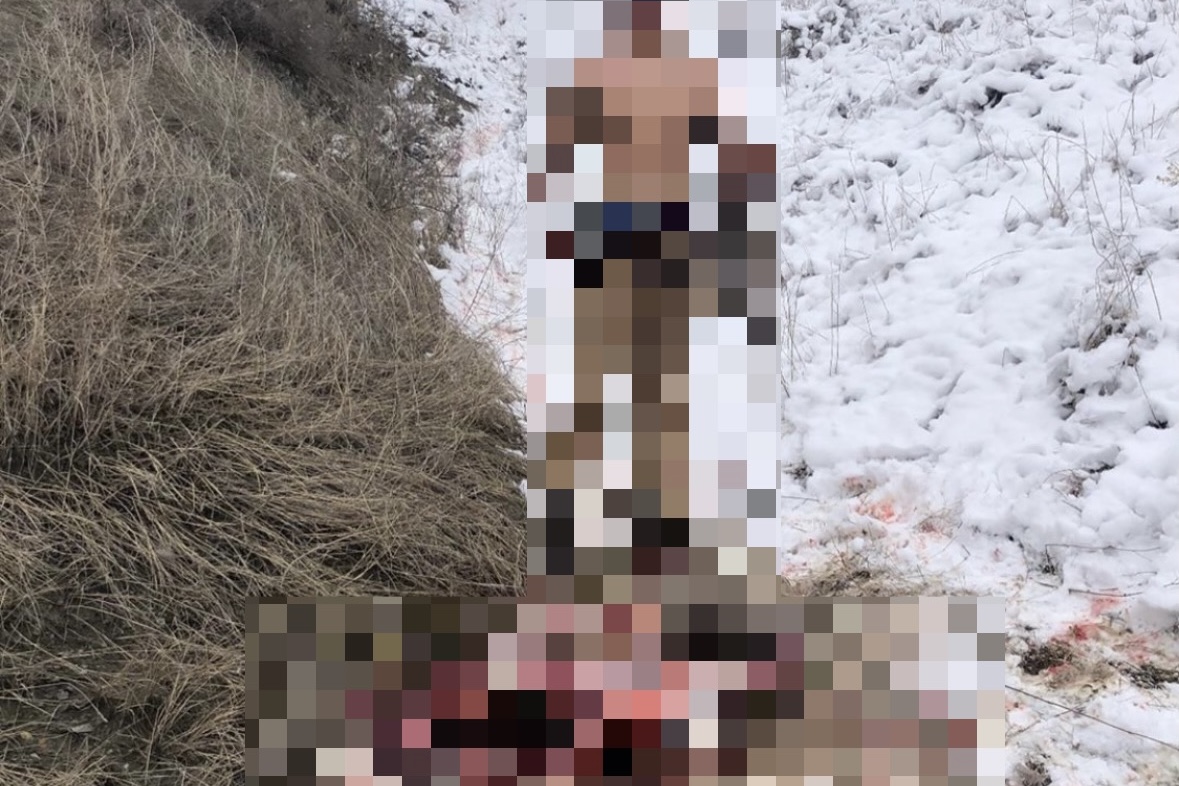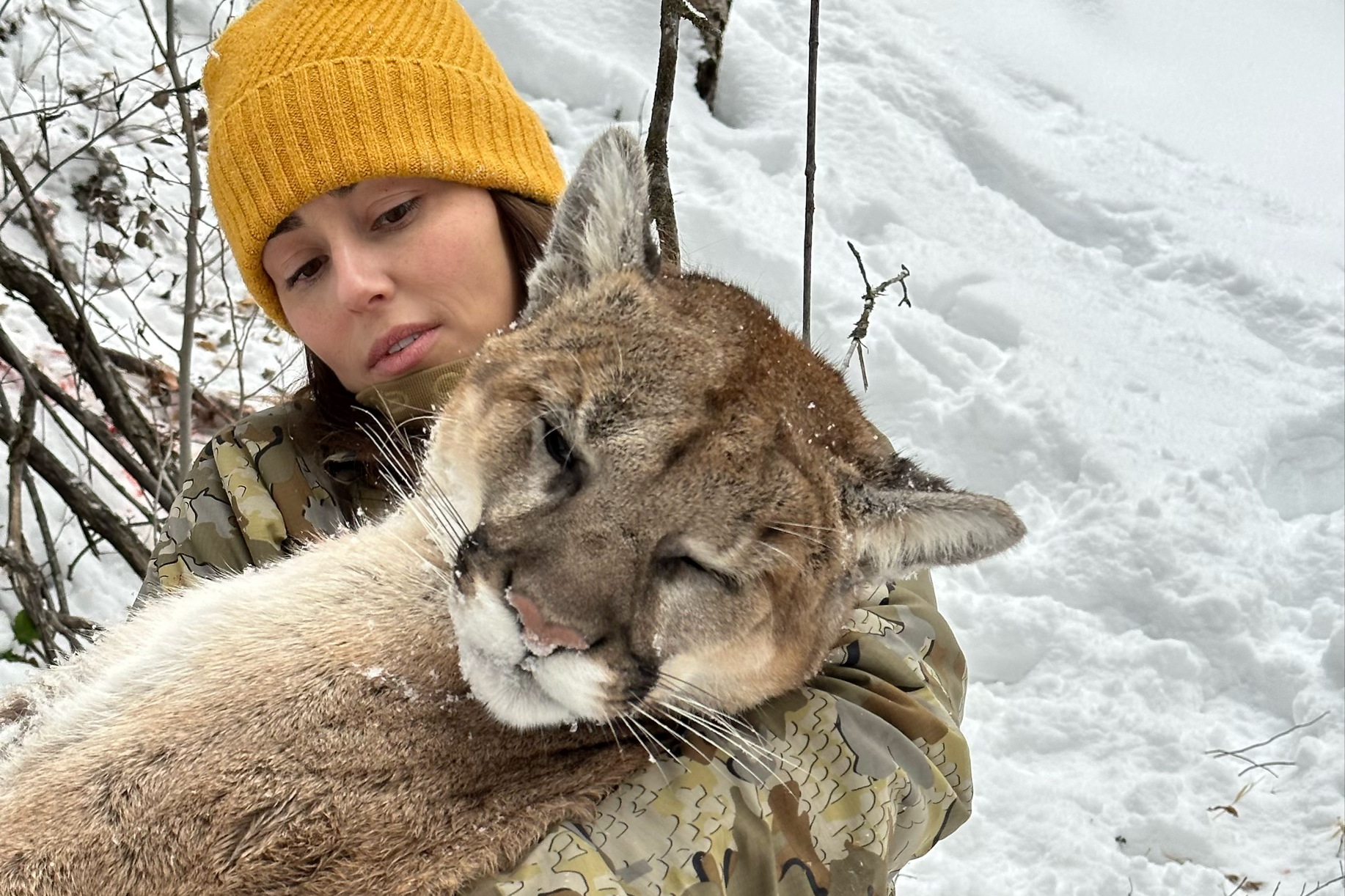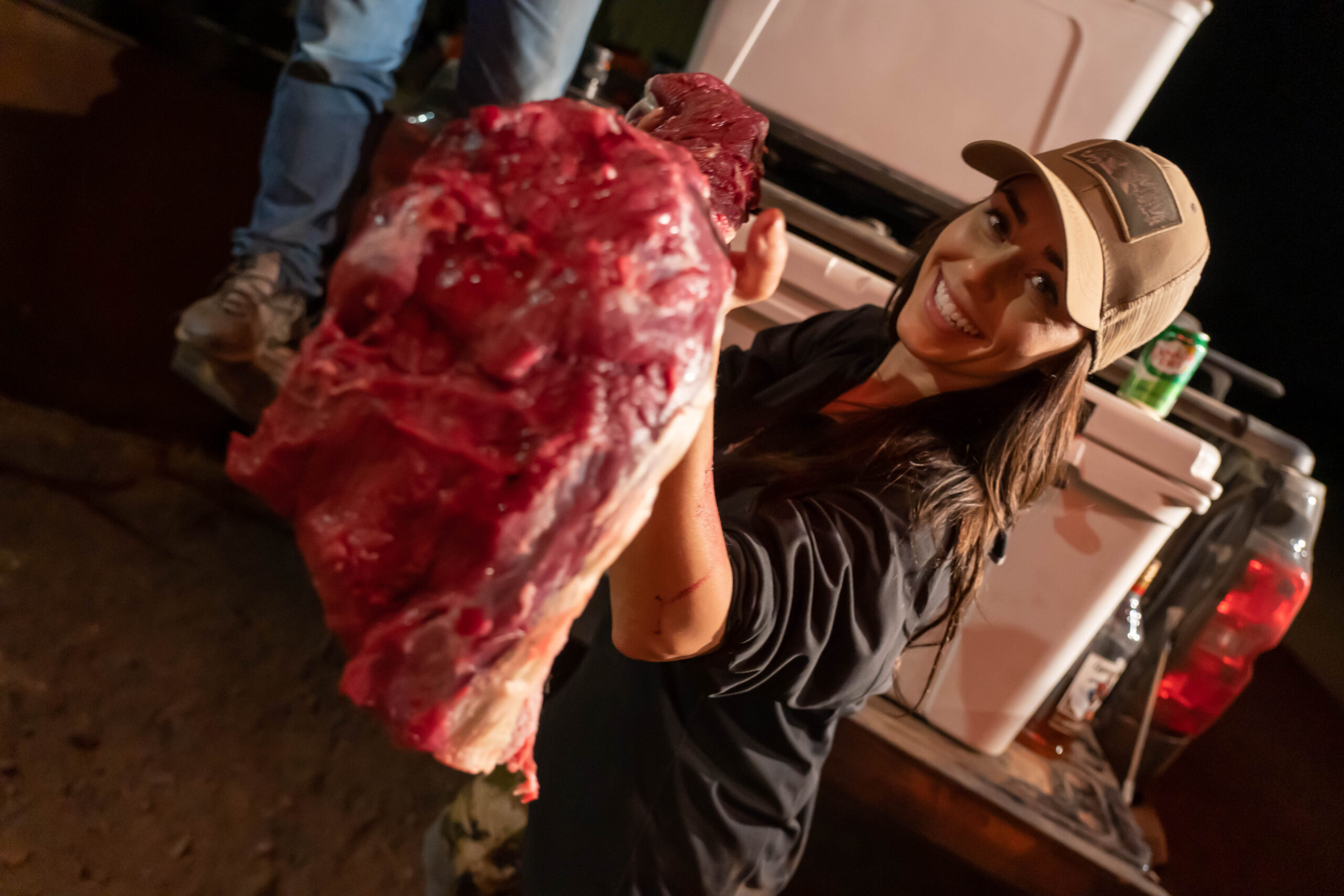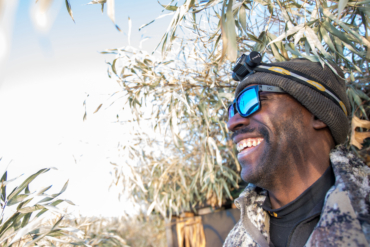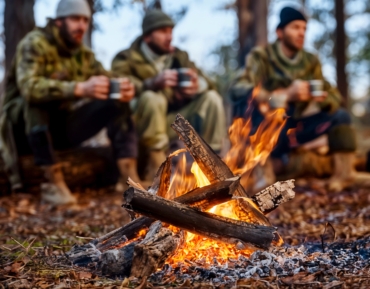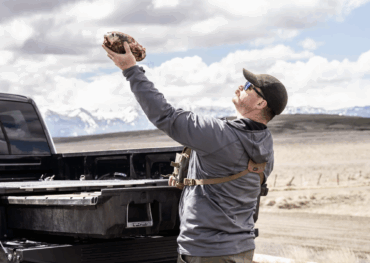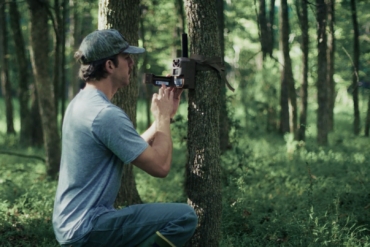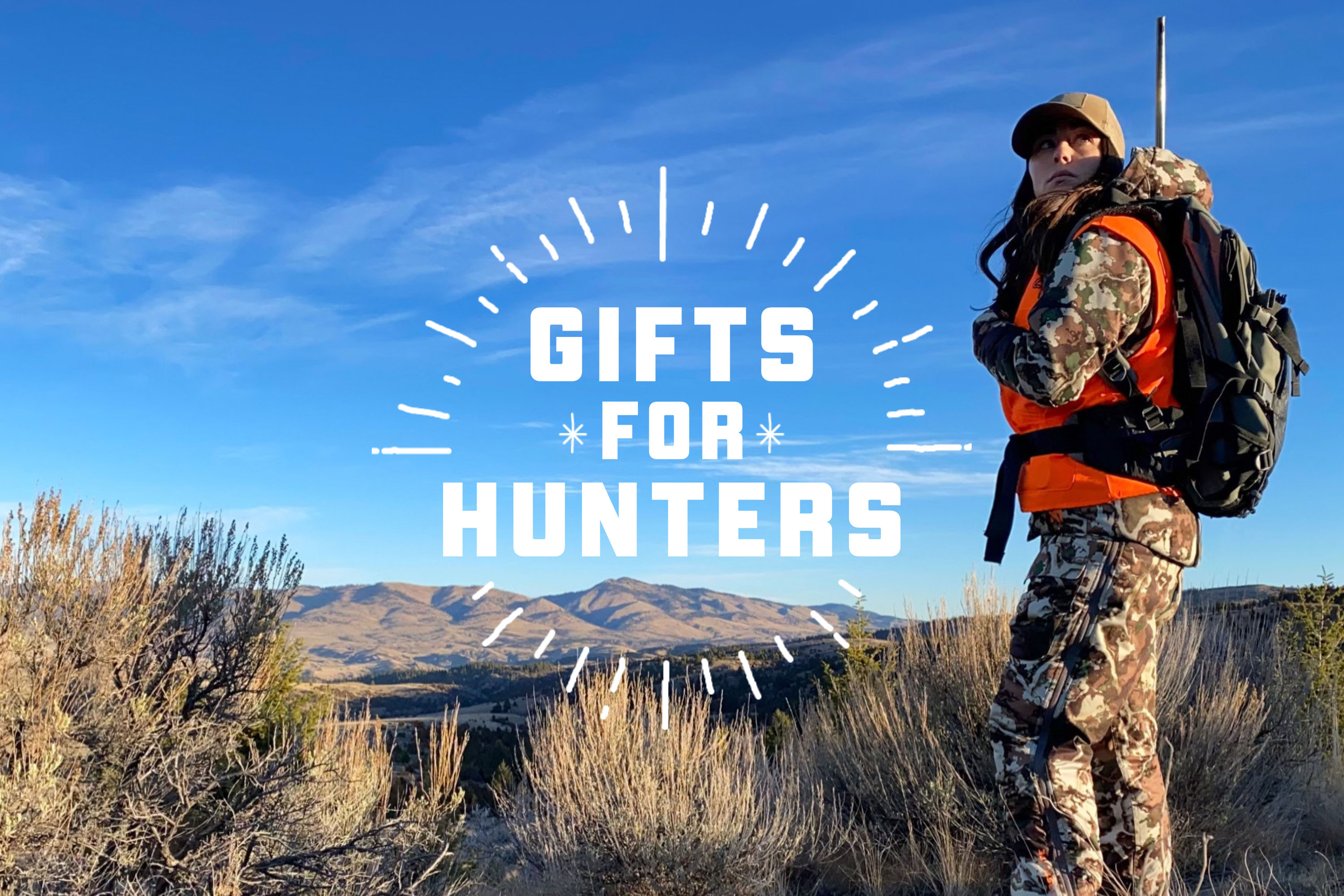“Ethical behavior is doing the right thing when no one else is watching — even when doing the wrong thing is legal.” — Aldo Leopold
I begin this story with this classic Aldo Leopold quote because, let’s face it, mistakes happen. At one point or another, every hunter makes mistakes. Some are small and insignificant. Some lead to longer treks and colder days, and in the worst scenarios, they lead to unnecessary suffering for the hunter or the animal.
You’ll forget ammo, your release, or your knife. You’ll take a shot that is too far back, too high, too low, or miss altogether. I’ve made my share of mistakes, and I can only imagine that I still have a pile left to make.
The issue with “mistakes” comes when they aren’t mistakes at all. Instead, there’s a trend of errors and violations seemingly made intentionally, with malice, machismo, and pride, all for personal profit or trending shock-content videos.
As Leopold wisely asserted back in 1949, ethical behavior applies both on and off the camera, even when you are entirely alone with no witness for miles. Today, we’re living in a time where more things than ever are on camera, and unethical behavior is being shared publicly more than ever before.
When do hunting mistakes stop being errors and start being blatant ethics violations? When do we as a collective stop rewarding hunters for engaging in unethical hunting behaviors because it’s badass or for the ‘gram? Maybe it’s time to stop yelling, “Hell, yeah!” and start saying, “WTF?”
I’ve been waiting for a shift in how the hunting community addresses poachers, unethical hunters, shock-content creators, and other bad apples in the hunting basket. We need that shift more than ever before those bad actors start a slide of anti-hunting sentiment.
I have grown tired of the call for hunters to blindly support our own, regardless of what “our own” is doing. There’s a growing resistance, for sure, but we need more firepower on our side of the fence.
I’m asking for that leap to happen now.
Hunting Isn’t ‘Pretty’
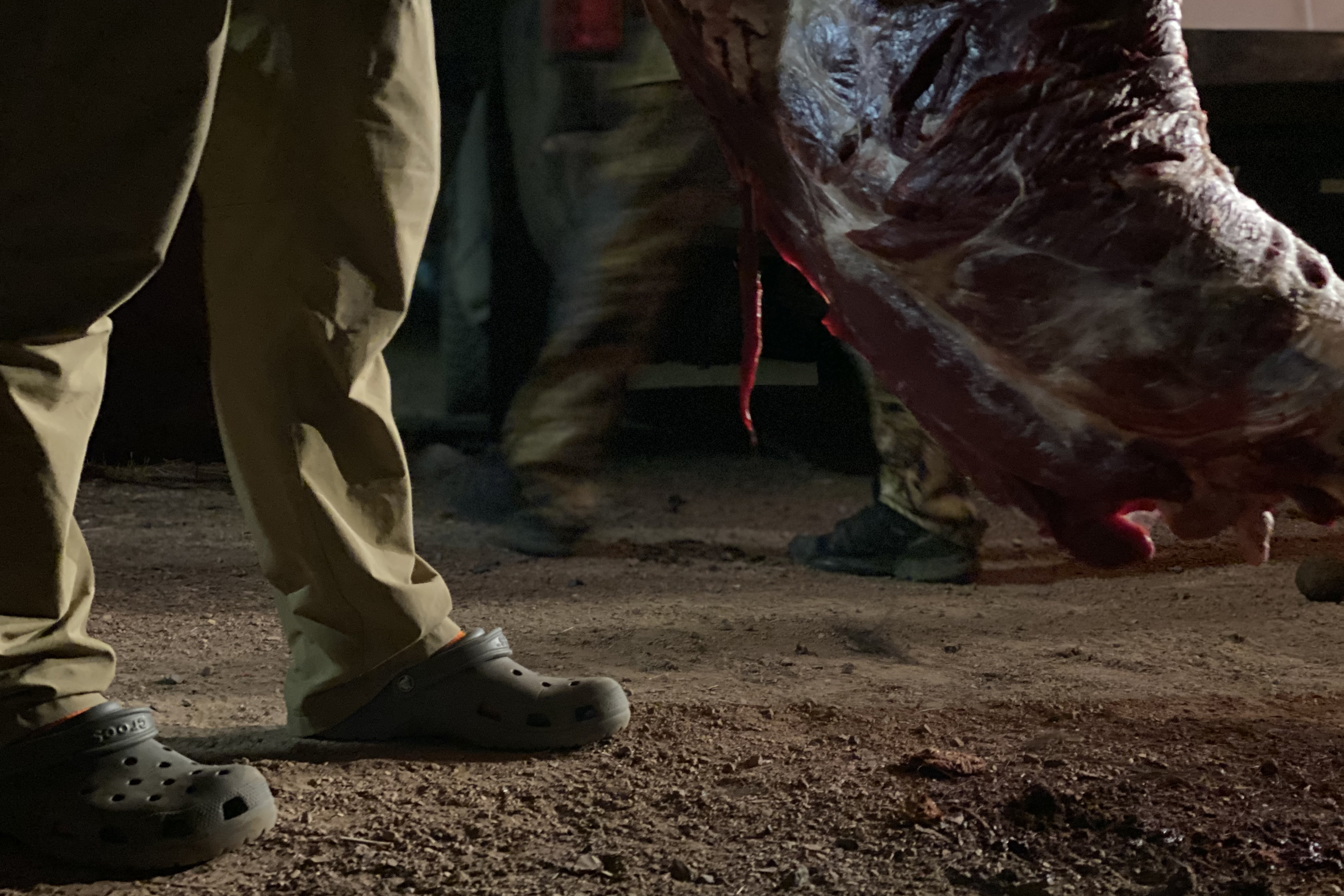
The goal of hunting is to take a life. Hunters kill animals; no sugarcoating it.
Whether you choose to call it an animal hunted, harvested, or killed — the reality is the same. Hunting is rarely pretty.
For me, the process of hunting my animals is painful, rewarding, difficult, and absolutely beautiful. I choose an animal’s last day, and that is a heavy burden.
However, I choose that last day in the animal’s natural environment after living a life as pure as a wild animal can live these days. I choose to take that life as quickly and ethically as I can in order to harvest that meat for my family. That is beautiful to me.
But there’s nothing pretty about the process. A gut pile, blood, feces, and everything else that comes along with shooting, field dressing, and breaking down an animal is not palatable for most people.
But It’s Prettier Than This
Animals die for you to eat. That’s real, regardless of your table fare.
For those who don’t hunt, the optics of hunting can be stomach-turning. Only a very small percentage of people call themselves hunters. Though the vast majority still eat meat, they are very much removed from the process of how that meat gets to their plate.
To be clear, I’m not taking any stance here against cattle ranching. It’s a reality of the scale to which our food system has grown. I often help calve, brand, and wrangle cattle for our neighboring ranches. They are a huge part of the system that keeps people fed.
It just happens to be a meat system I’m not a consumer of.
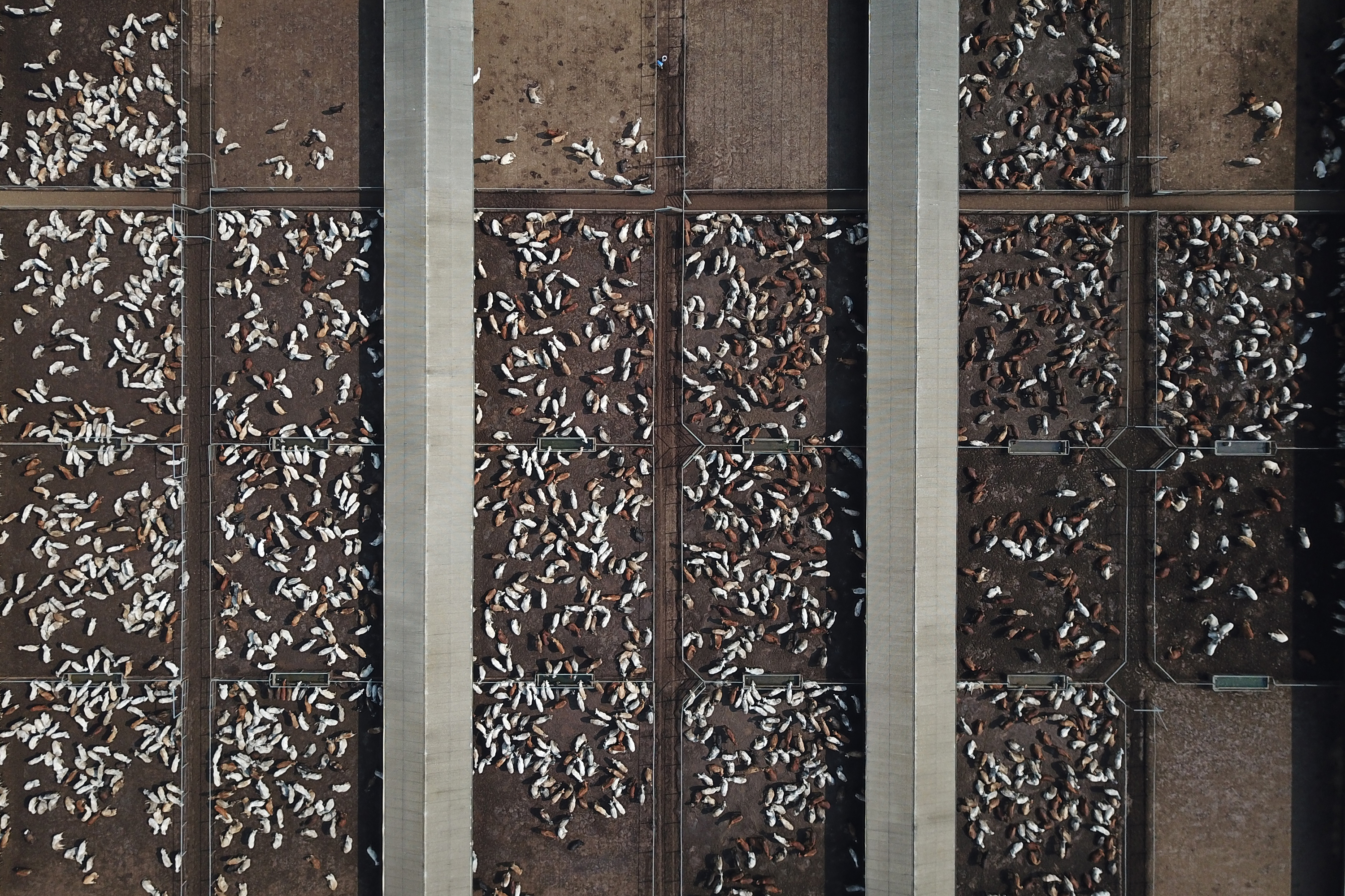
In my opinion, purchased meat is far less “pretty” and suffers a far darker fate than hunted meat. I assume most people don’t think of a feedlot or slaughterhouse when they visit the meat department of their local grocer.
Fortunately for the masses, those deaths are hidden. That seems to whitewash their responsibility for those animals killed. Out of sight, out of mind. Even if those people find commercially produced meat unethical, there is no legitimate push to shut it down. It is too big, too well hidden, and too engrained in our food system.
However, it is often those people who see the process of hunting as barbaric or “unnecessary” in today’s world. And it is often those people who use distasteful images and videos of hunting to push anti-hunting agendas.
This is why the optics of hunting matter and why we need to be cognizant of what is put out there … and, almost more importantly, what isn’t.
Why the Optics of Hunting Matters
We’re living in a time of instant media, instant reactions, and ubiquitous recording. Those words, images, and videos exist forever, and their use is out of your control.
What we’re seeing in the hunting space are anti-hunting groups using the least palatable visuals and videos online to sully the way hunting is perceived among non-hunters.
Shock Value: The Enemy to Hunting Rights

If shock value content is what some choose to share to bolster their following or reputation, it will be that same content used for shock value in court. It will be those unsavory images plastered on the billboards paid for by anti-hunting orgs.
The most violent or graphic videos can and will be used to make it seem as if all hunting is violent and graphic.
Ballot Box Biology
We’re seeing this in real time. In Colorado or Washington, the recently passed and proposed hunting bans have come from a place of vilifying hunters. This isn’t just damaging to the hunting community; it’s damaging to the balance of our wild spaces.
Hunters play a huge role in wildlife management. When emotions start taking the place of science, everyone loses.
When people start voting based on feelings charged by these negative images, we will lose hunting rights and wildlife management balance. For example, the loss of predator hunting also means the loss of massive numbers of deer and elk.
Humans are an irreversible part of that balance and without hunters controlling those populations, the prey populations will suffer. I discussed this a bit when I had to respond openly in a letter to Carole Baskin. Yes, THAT Carole Baskin.
I don’t fault the voters. I fault the fuel that drives misinformation about what hunting is and the role it plays in the greater scheme of things.
The social media personalities who go out of their way to spear animals needlessly, shoot animals with the smallest caliber possible, trespass, poach, spread blood across their bodies, and pose inappropriately with animals are the biggest drivers for anti-hunting legislation.
Anti-hunting organizations may not be the biggest enemies of tradition. I think that the bad actors in our ranks are.
Environmentalists vs. (Ethical) Hunters

No rational human likes to see animals hurt for the sake of hurting. No ethical hunter gets pure joy out of just killing something. We aren’t as far from the animal rights activists as you might think. Killing animals is hard. I can only speak to my own experience, but I know it isn’t mine alone.
I am a hunter, and I love elk. When I say that I love them, I mean it from the depths of my core.
I’ve shot far more elk with my camera than I ever plan to with my bow. From watching calves drop in the spring to seeing those first little fuzzy buttons form where massive antlers will be, I am enamored by the species.
I know where they feed and where they go to water. I’ve learned their habits and their quirks. The trails they prefer and what time they tuck in all become part of my own routine. I know these animals. And I love them.
That may be confusing for a non-hunter to hear. My freezer is filled to the brim with elk meat. But it’s that love and admiration I have for them that makes every piece special.
I coexist with these animals, work to protect their habitat, and observe the beauty that is their life. Inevitably, if I’m fortunate for the season, I choose one to bring home to provide for my family.
My face is often graced with a smile at the end of the hunt, proud of the food I’ll provide and the achievement of completing the job, but that smile is often accompanied by tears.
Same Team, Different Positions
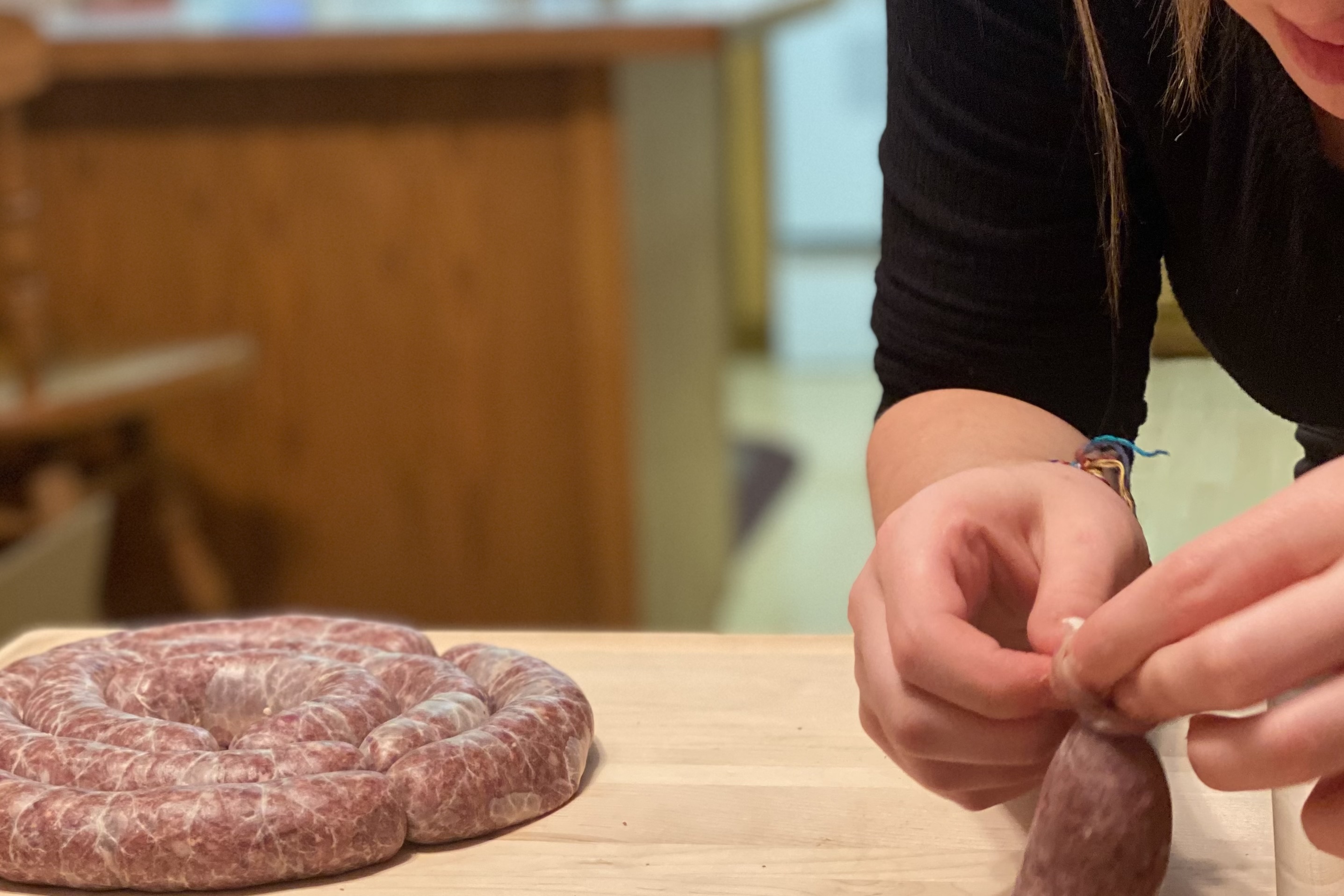
When you think of hunters versus environmentalists, you might think of instant contention. However, no feedlots, slaughterhouses, 18-wheelers, or unnatural hormone injections are required in the local harvest of my natural meat. My carbon emissions to secure that meat don’t touch what a single hamburger from the drive-through does. No fields were tilled or habitats destroyed for the growth or production of my meals.
If your concern is for the environment, you should be far more angry with your neighbor grilling a plastic-wrapped hotdog than you should be with hunters.
If your concern is over the suffering of animals, the same holds true. To be blunt, the commercial production of crops for a vegan diet results in countless lives lost with every field tilled and sprayed. It just isn’t as direct. Your Tofurkey is not innocent. Your salad destroyed someone’s habitat. Whether you eat meat or not, something died for your meal. I’m sorry to be the bearer of that news.
Every animal I have ever harvested lived as natural life as possible and had one bad day. Ask a firm, grilled tofu how the moles, voles, and field miles fared in the tilling. Ask that neighbor’s hotdog what life was like for the hundreds of animals chopped up in there, and then factor in the toll it took environmentally to get it to that grill.
Somehow, having less environmental impact and causing less suffering has made hunters the target, and I feel it might be a target misplaced.
Share Ethical Hunting, Call Out the Rest

The noisiest voices aren’t often the voices we want to be heard. That means that responsible, respectful hunters effectively have a duty to share a view of hunting that isn’t violent, audacious, or self-serving. We also have a duty to call out the rest.
There’s a growing movement of people who say hunting should be kept silent. We should hunt quietly and stay to ourselves.
The problem with that? Those “shock hunters” who abuse our rights, disregard ethics, and work to profit from hunting in any way they see fit will be the only voice representing hunting in the greater world.
Silence is the opposite of a solution to this, and as such, I refuse to hunt quietly.
The court of public opini is now more influenced by social platforms than anything else. If a voter is on the fence about a hunting topic or piece of legislation, I want my voice and my images to be at the forefront in lieu of the blowhards lighting things on fire and poaching animals for sport.
Digitally Aiming for the Right Target
I will comment, report, send emails, and call sponsors about every nasty, vile, unethical hunting post I see. I know it isn’t good for business. It certainly doesn’t do me any favors in the hunting industry, but I don’t care. A few companies have blackballed me for pointing out ethics violations for hunters on their payroll. I did not shed a tear.
Fortunately, that trend seems to be growing. Hunters online are beginning to hold brands and ethics violators accountable. An example is this small sample comment thread on Instagram demanding a company reexamine their sponsorship of a hunter many deem to be a seriously poor example. The thread currently has over 500 negative comments asking a very popular brand to reexamine its ethics.
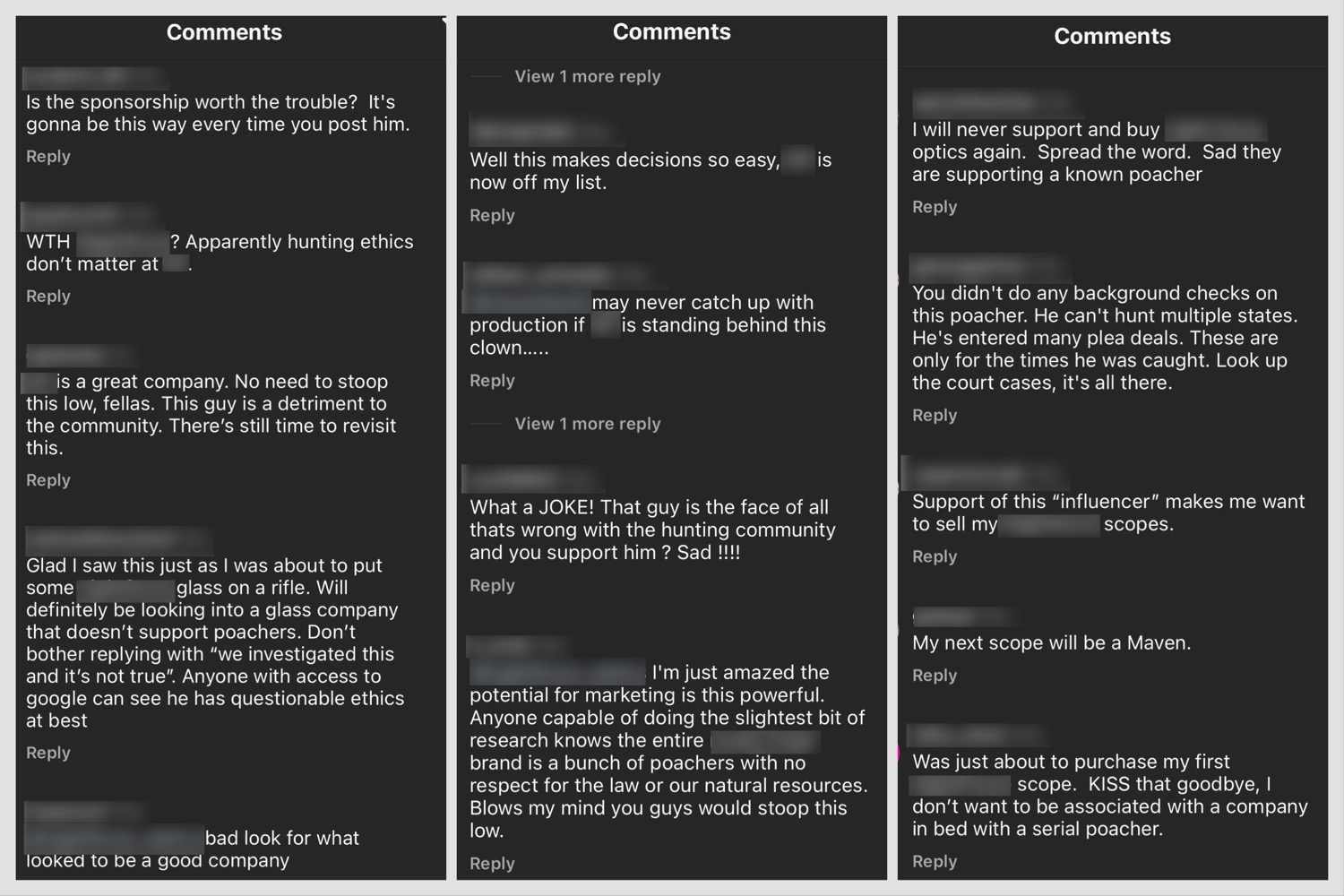
Nothing hits quite as hard as the hit to someone’s wallet, and companies are beginning to feel that blow.
We can’t sit idly by and let the machismo-filled hunt bro take over as the image of what hunting is to a non-hunter. How can we let them define hunting in a way that is steadily removing our right to continue the pursuit?
If our voices don’t impact the influencers themselves, they certainly have the power to impact the companies that support them.
No-Shame Call to Action
Sitting quietly and hunting ethically without demanding higher standards or sharing the true lives of hunters is not OK. I flat refuse. And now, I’m asking you to join me.
Hunters
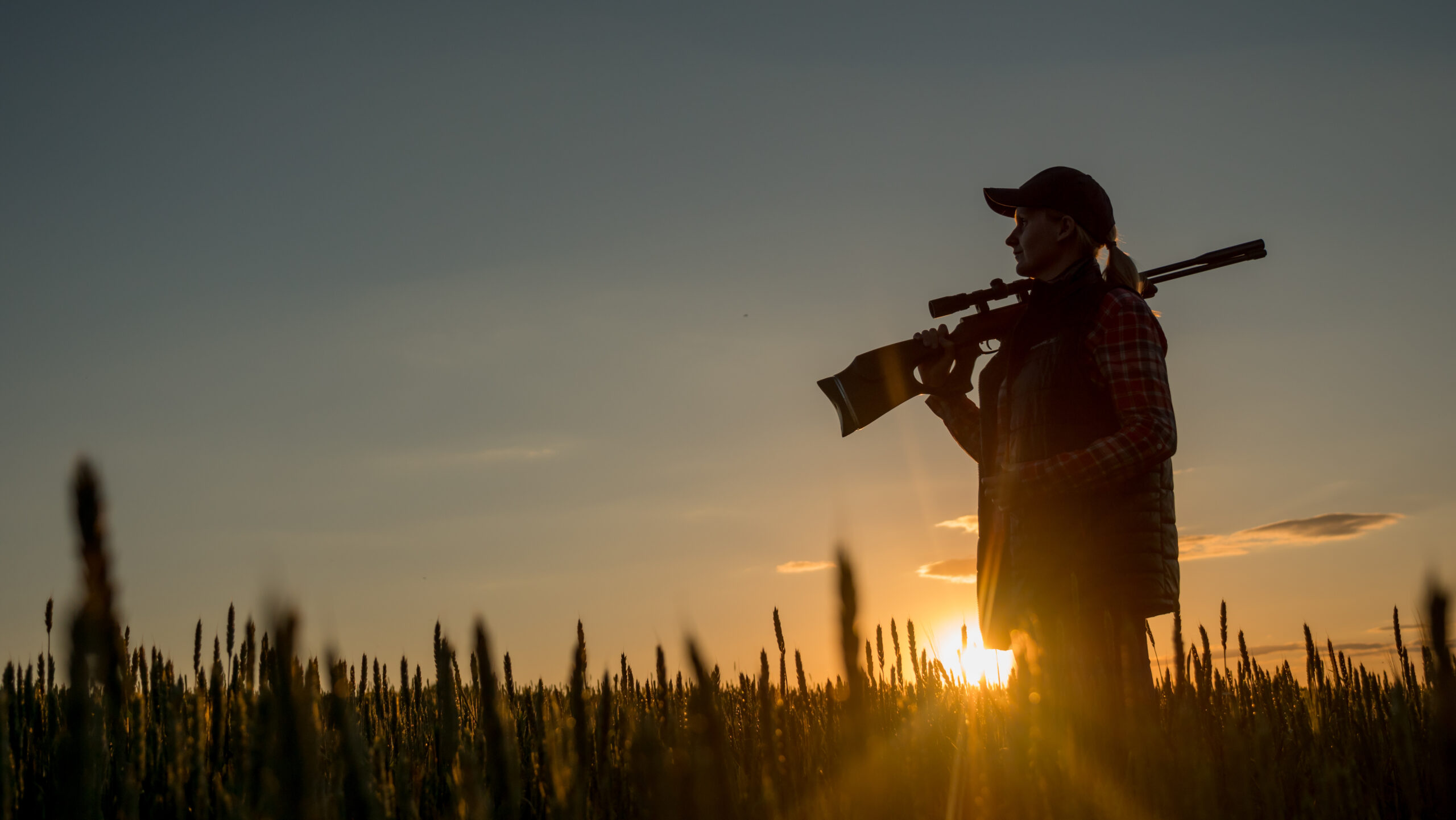
Share your stories, share your hunts, and take images that paint your adventures afield in a light that can only be defined as the utmost respect for the animal, the habitat, and the heritage. Share the meals you prepare with your family. Educate and inform the non-hunting public about what our lives are really like.
And don’t sit quietly. I hate to sound cliché, but if you see something, say something. No one is more capable of holding people accountable than their own. We know what’s OK and what isn’t, and we’re uniquely informed enough to call those actions out intelligibly. Speak up. We have too much to lose.
If you come across images and videos that paint hunting in a disrespectful, unethical light, point them out. Don’t just scroll. We must demand higher ethics for our own good and the optics of the rest of our voting public.
And — just call them out because it’s wrong. Without an agenda or anything to gain, it’s time to call it out simply because it isn’t OK.
Non-Hunters
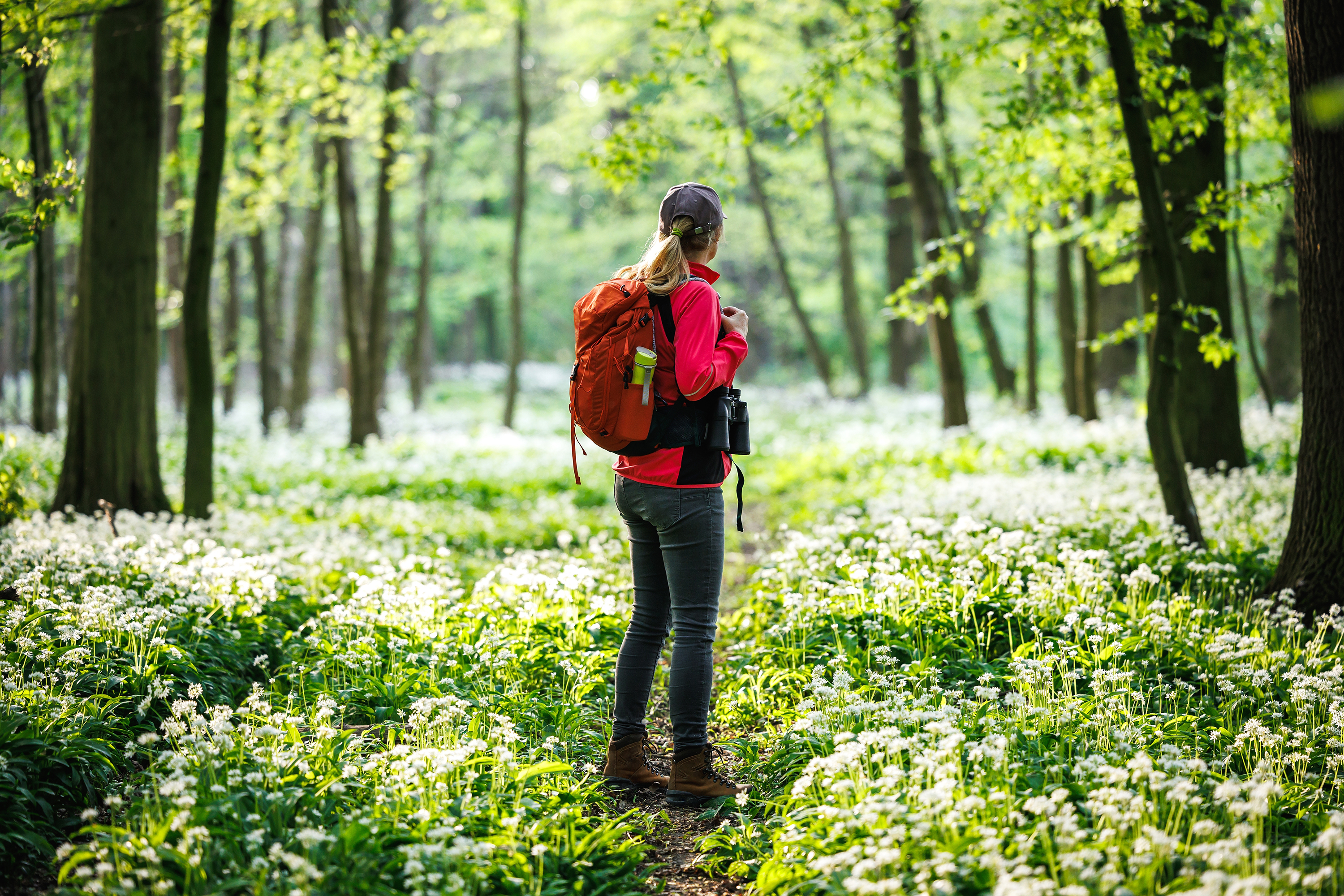
I promise you, we are not the enemy and likely have far more in common than you might think. Our goals are likely closely aligned. Whether you’re a vegan who is passionate about animal rights and ending suffering or a meat eater who doesn’t engage in the tradition of hunting, you may be surprised about who our community is and what we stand for.
Hunters are a pivotal piece of the wildlife management machine. If you love animals, if you love seeing deer on your hikes, if you enjoy the wildlife in your area, a hunter has very likely played a major role keeping their populations plentiful and healthy.
Engage with us. Ask questions. You can email me. Send me those images and videos of the hunters giving the rest of us a bad name. I will join in your fight to call them out.
And I ask you not to vote with your heart but with your mind. Ballot box biology not only removes my ability to hunt but often removes the balance that allows you to enjoy the wildlife you love. We can coexist and help each other without being enemies. We really are on the same team.
Resources to Learn More About the Impacts of Hunting and Anti-Hunting Legislation
US Fish & Wildlife Service – Hunters as Conservationists
HOWL for Wildlife
National Wildlife Federations
Coloradans for Responsible Wildlife Management
NC State – The Role of Hunting in Wildlife Conservation, Explained
